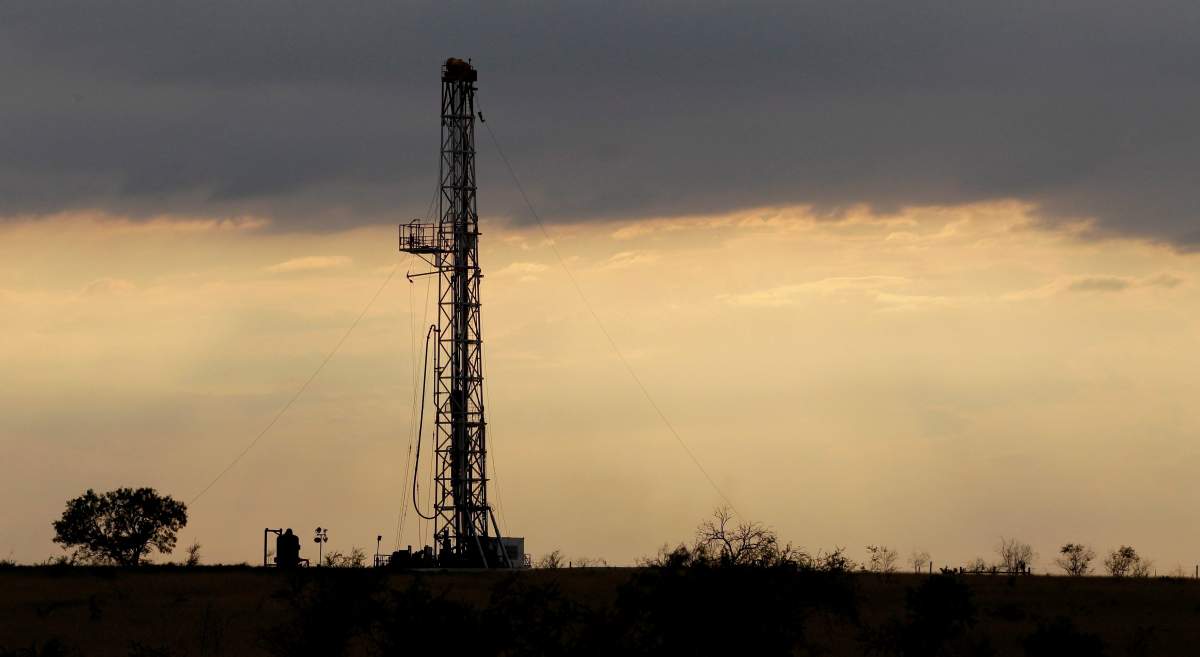An oilfield trade association is predicting a more than five per cent drop in drilling activity in the coming year.

The Petroleum Services Association of Canada expects 6,600 wells to be drilled in 2019, down from a prediction of 6,980 for 2018, a 5.4 per cent drop in activity.
“Reality has set in that we’re probably going to have an early Christmas,” outgoing PSAC president Tom Whelan told Danielle Smith on 770 CHQR. “That doesn’t mean presents. That means we’re going to have people going home early and taking an early break for Christmas, because we think activity is going to slow down early in December.”
PSAC based its forecast on crude oil prices of US$69 per barrel for West Texas Intermediate, a WTI vs Western Canada Select price differential of US$24.50 per barrel, average natural gas prices of $1.45 and the Canadian dollar averaging at US$0.80.
LISTEN: Outgoing PSAC president Tom Whelan joins Danielle Smith to discuss the ongoing slump in drilling in Canada
In a news release, Whelan said drilling activity has plateaued for a third year in a row.

Get daily National news
“The unprecedented, wide, heavy oil price differentials caused by our chronic pipeline constraints is nothing short of a crisis for Canada,” he told Smith.
“We have a huge egress issue,” he added. “We just can’t get our product out of the country.”
PSAC predicts just over 3,500 wells to be drilled in Alberta, more than 2,400 wells for Saskatchewan, 255 in Manitoba and 382 in British Columbia — representing decreases in each of those provinces.
In response to the ongoing pipeline shortages and low market price for Canadian oil, Cenovus Energy Inc. and Canadian Natural Resources Ltd. have announced measures that include reducing production and increased rail shipments. Other producers like Suncor Energy Inc. and Husky Energy Inc. plan to continue their production levels at capacity.
Whelan said that upstream petroleum companies are seeking business opportunities south of the border in order to stay in business.
“I keep saying it over and over again — we have a cap on our industry and we don’t have a lot of options.”
–With files from The Canadian Press












Comments
Want to discuss? Please read our Commenting Policy first.